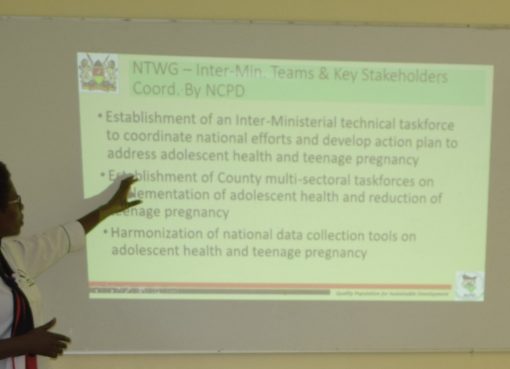Kenya’s Pension Industry growth is on an upward trend with pension assets currently hitting 1.547 Trillion from 44.7 billion as of December 2000.
Retirement Benefits Authority’s (RBA) Manager-In-Charge of Research and Strategy, Lazarus Keizi, attributed the growth to rising pension coverage in Kenya, which now stood at 22 per cent, up from 15 per cent a decade ago.
While indicating that RBA’s target is to hit 30 per cent pension coverage of the labour force by 2024, Mr Keizi noted that though the industry experienced challenges when Covid-19 pandemic struck more than 1,067 active pension schemes with a membership of 3.6 million persons were still active.
Speaking during a sensitization workshop for media practitioners in Nakuru, the official indicated that RBA had activated elaborate risk management strategies during the scourge that minimized Covid-19 impact and helped pension schemes sustain their operations.
As of December 2020, despite the pandemic, assets under management of pension schemes grew by 7.7 per cent to Sh1.39 trillion from Sh1.298 trillion in the previous year. The assets stand at 57 Trillion currently.
According to Keizi, the number of service providers has increased significantly with the industry now having 31 administrators, 24 fund managers, 11 custodians and more than 50 fully qualified actuaries.
Keizi who was accompanied by RBA Legal Assistant, Fred Gekonde, expressed concern that though a large percentage of Kenyans in the informal sector were aware of the pension industry, they had not enrolled in any retirement benefits scheme.
“We want to assure the public that Kenya has a very good retirement benefits regulatory framework that provides a safe environment for saving for retirement. The checks and balances that ensure good governance in the industry support its growth. Even if a particular pension scheme goes under, members’ contributions cannot be attached by debtors or used to settle outstanding bills. RBA has rolled out various programs to allay these fears and encouraging Kenyans to embrace a culture of saving for their future,” the Manager pointed out.
He said that some Kenyans did not know that whether employed or self-employed, any individual earning an income can join a pension scheme and start saving towards their retirement.
Keizi said the Authority was committed to having more informal sector workers join pension schemes, adding that RBA’s 2019-2024 strategic plan had outlined design of products suitable for the informal sector and leveraging on technology to make pension schemes accessible to all Kenyans.
Expressing optimism that the industry was bouncing back from Covid-19 aftershocks, Keizi stated that one key lesson that Kenyans should draw from the pandemic was the need to prepare for emergencies and retirement since no one knows when their income can be cut off.
He added, “When Covid-19 struck and some workers suddenly found themselves jobless, those who were active members of pension schemes had a critical cushion they could count on. Those who had not been saving found themselves in difficult circumstances.”
Gekonde indicated that unlike the National Social Security Fund (NSSF) that had been established by an Act of Parliament other pension schemes are created as trusts after scrutiny and licensing by RBA.
The Legal Assistant said RBA had issued licenses to over 30 individual pension plans to cover self-employed individuals and workers, whose employers did not have pension schemes.
He noted that pension scheme members can use up to 40 per cent or Sh7million of their savings to purchase a residential house.
“The Authority also has overseen the introduction of umbrella pension schemes for employers and post-retirement medical fund. The Authority has provided guidelines for schemes to diversify their investment portfolios as a way of managing risks,” Gekonde noted.
By Jane Ngugi





